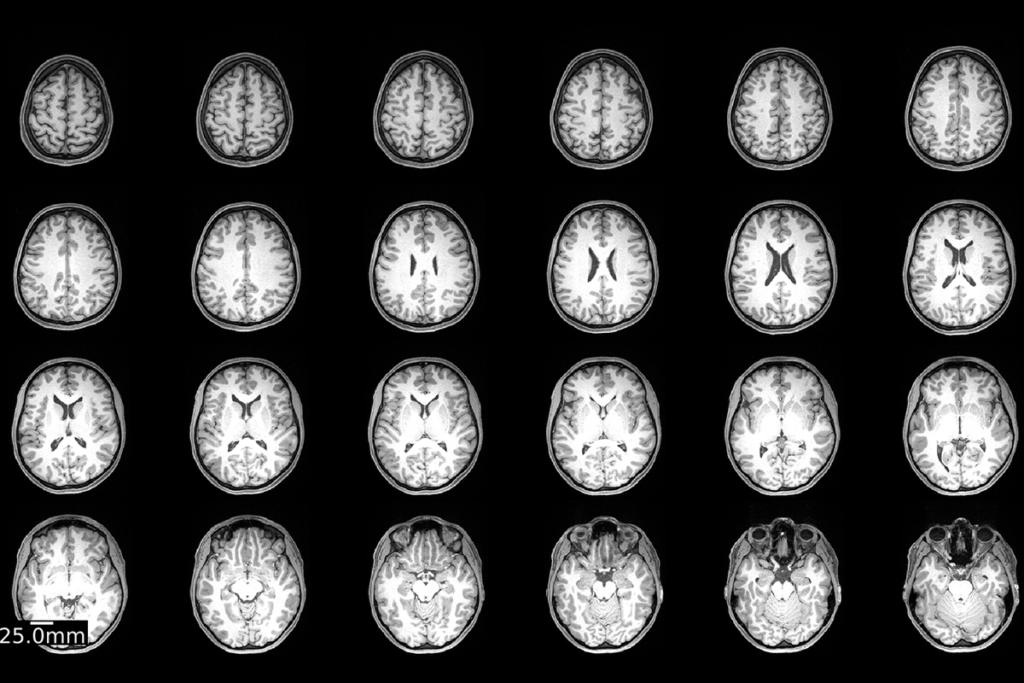Genetics: Large variants linked to intellectual disability
Intellectual disability is more likely to be associated with multiple, large or non-inherited duplications and deletions of DNA than is autism, according to a study published 7 November in PLoS Genetics.
Intellectual disability is more likely to be associated with multiple, large or non-inherited duplications and deletions of DNA than is autism, according to a study published 7 November in PLoS Genetics1.
In the past few years, several studies have associated these so-called copy number variants (CNVs) with neurodevelopmental disorders, including autism, schizophrenia and attention deficit hyperactivity disorder.
In the new study, the researchers compared CNVs in 501 people with intellectual disability, 376 with dyslexia, 350 with autism and 337 controls. Individuals with intellectual disability are about 14 times more likely, and those with autism are 3 times more likely, than controls to have CNVs longer than one megabase, the study found. By contrast, people with dyslexia show little enrichment of large CNVs compared with controls.
The researchers also looked more specifically at those in the autism group who have intellectual disability, with an average intelligence quotient of 49. Individuals with both autism and intellectual disability are about five times as likely as controls to have large CNVs, while those who have autism alone are only twice as likely.
In particular, rare CNVs, which do not overlap significantly with those found in 8,329 controls, are more common in individuals with intellectual disability or autism, compared with controls or with those who have dyslexia. And 44 of 90 rare CNVs identified in the study arise spontaneously, or de novo, in the affected individual. These non-inherited variants are also more common in individuals with intellectual disability than in those with autism.
Individuals who have both intellectual disability and multiple inherited abnormalities, such as cardiac defects or club feet, are more likely to have multiple large CNVs than are those with intellectual disability alone, the study found.
The results suggest that large CNVs are associated with the more severe neurodevelopmental disorders, the researchers say.
References:
1: Girirajan S. et al. PLoS Genet. 7, e1002334 (2011) PubMed
Recommended reading
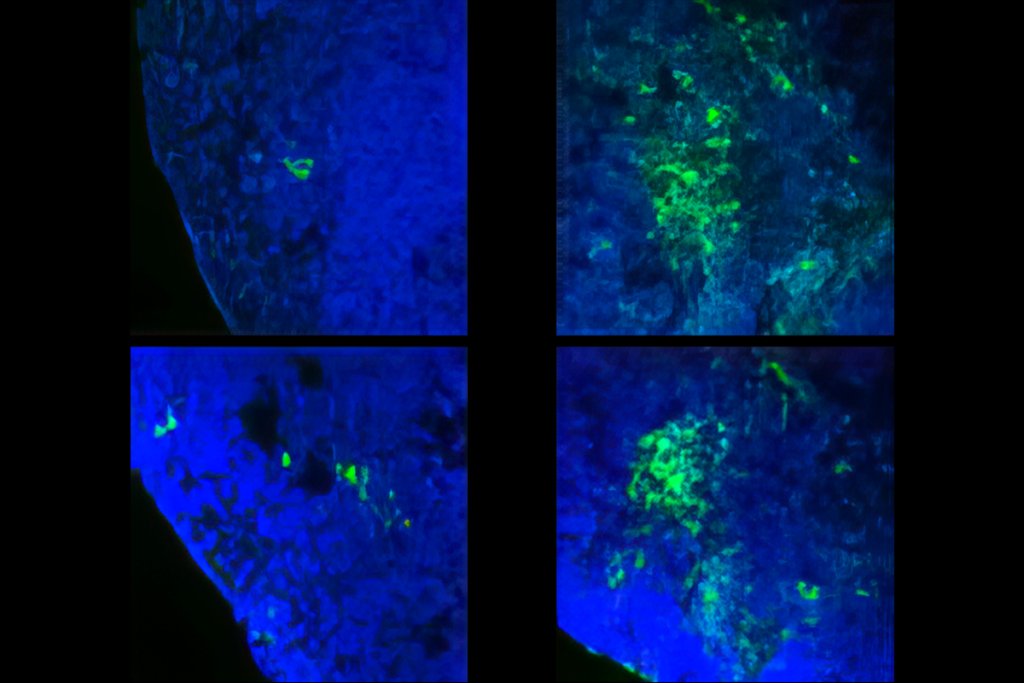
Personalized medicine; astroglia organoids; fast track for fragile X drug
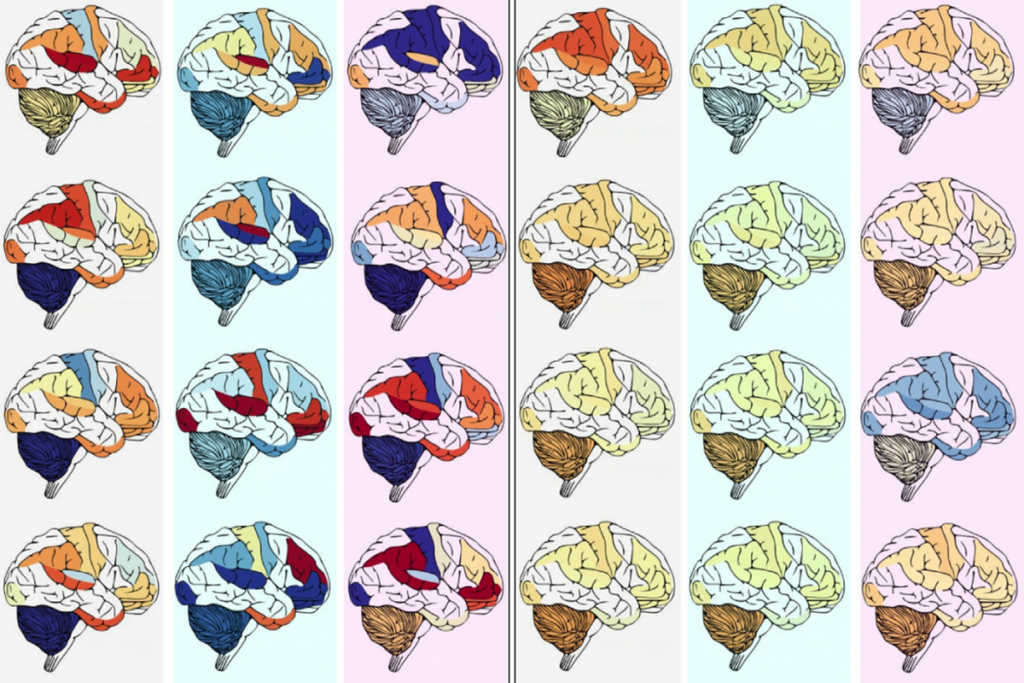
X marks the spot in search for autism variants
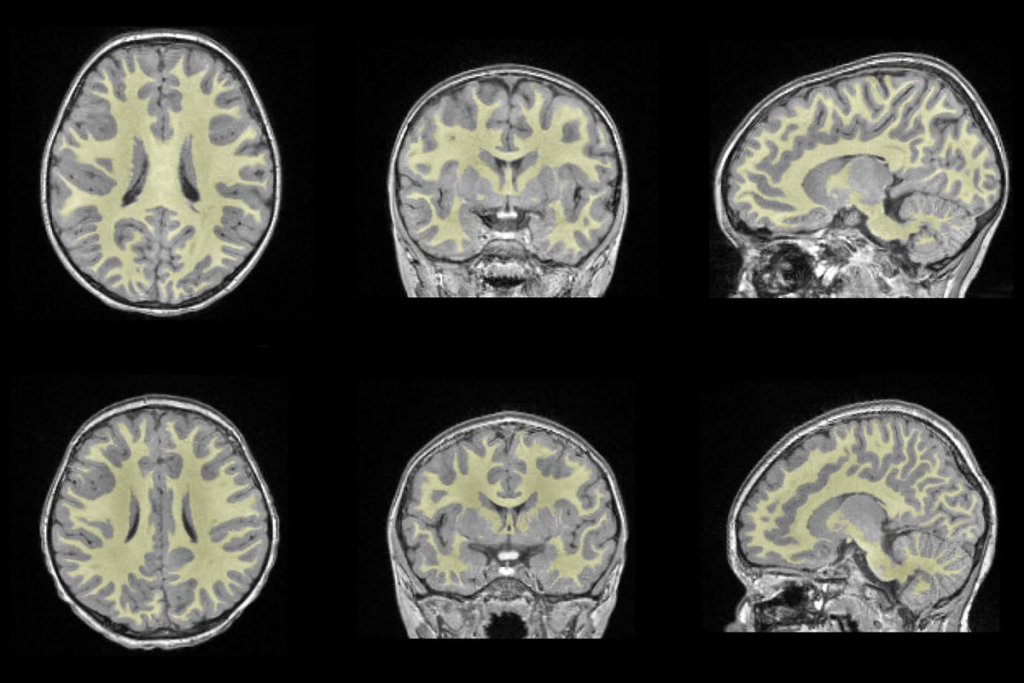
White-matter changes; lipids and neuronal migration; dementia
Explore more from The Transmitter
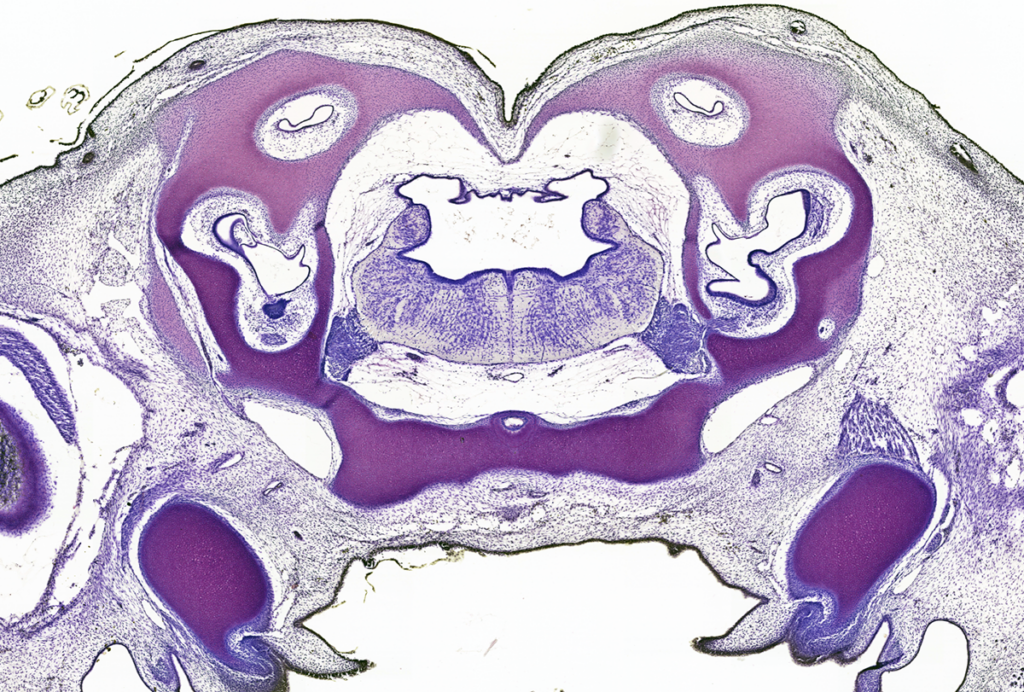
Digitization of ‘breathtaking’ neuroanatomy slide collection offers untapped research gold mine

Neuroscientists need to do better at explaining basic mental health research
